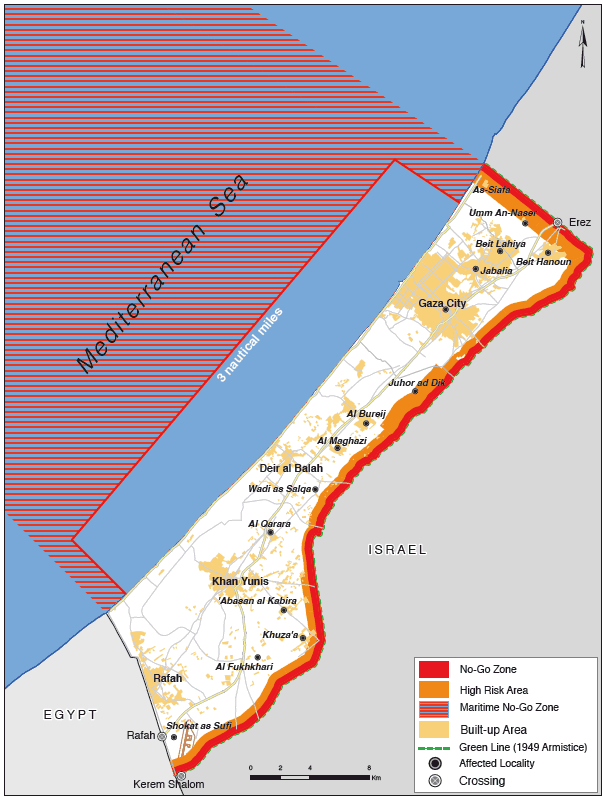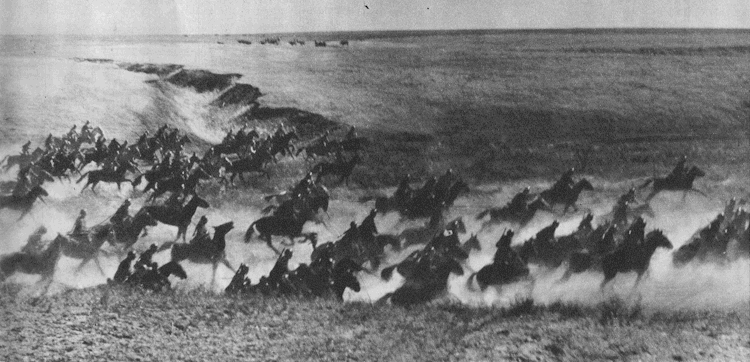The modern State of Israel has won nearly every war it has fought since 1948. This is partly explained by the fact that Israelis had nowhere to run to: their backs were against the Mediterranean Sea. This truth fueled their desperate gambles to survive against formidable odds. Highly motivated Israeli fighters took many daring and calculated risks and emerged victorious.
Since the year 2000, however, Israel has found it more difficult to secure victory. The 2006 Israel-Hezbollah War in particular ended in a stalemate, with neither the Israeli Defense Force, nor Hezbollah able to conclusively defeat the other. Nevertheless, Hezbollah was a clear winner, in the sense that it had fought Israel to a standstill and retained its control over southern Lebanon.
Israel was also losing the traditional sympathy it had enjoyed in world opinion, as it went from being the perceived underdog, to the perceived bully, especially given the Israeli military’s complete disregard for the fatalities it inflicts on Palestinian civilians, and the equally reprehensible conduct of Israeli settlers towards both Muslim and Christian Arabs alike, in Gaza and the West Bank.
Then on 7 October 2023, Israel found itself in yet one more conflict, when Hamas, a Muslim paramilitary organization that operates in the Gaza Strip, carried out an apparent surprise attack against Israeli military personnel and civilians, slaughtering thousands. At the time of this writing, prominent Israeli voices have vengefully called for the ethnic cleansing of Gaza, and some have even called for the genocide of its poor, impoverished Arab inhabitants. Israeli tanks and infantry are arrayed against the Gaza Strip, but have yet to enter, perhaps in anticipation of frightfully high casualties. Meanwhile, the Israeli Air Force has been bombing targets in Gaza, in hopes of easing the path of a ground invasion. Most fatalities of Israeli bombing are Arab civilians, including many children. In turn, Israeli callousness has left Hamas and Hezbollah with no shortage of recruits.

Above: the Jewish State of Israel, surrounded by real and potential enemies, in Lebanon, Syria, Jordan, Saudi Arabia, and Egypt. Israeli citizens fight tenaciously, knowing their backs are to the sea. Now, however, the Jewish State has lent this same advantage of desperation to the residents of Gaza, whose fight is fueled by the knowledge that they have nowhere to go. Below: the Gaza Strip, blockaded by Israel, by land to the east and northeast, by sea to the west; complicit Egypt blockades the southwest.

Under a scenario in which the Arab world was united, Israel’s situation might very broadly be compared to that of Caesar at Alesia (52 B.C.): there he had trapped a Gallic Army under Vercingetorix, but in turn was himself surrounded by a vast army of Gauls, temporarily united against Rome. Caesar, a daring and resourceful Roman commander, prevailed against the Gauls. Likewise, Israel has Gaza surrounded, but in turn is surrounded by other Arab states. As yet, Israel does not face a united Arab World, but nor, as yet, has a Julius Caesar come forth from among the Jews.
Blog Editor Patrick Cloutier is the author of Mussolini’s War in the East 1941-1943


